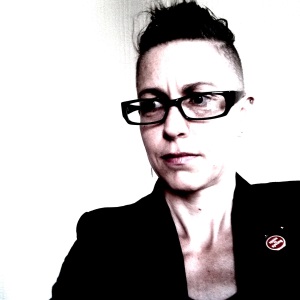My makeover from engineer (natural scientist) to social scientists is ongoing. It’s not always pretty. It is a hard path with rather a few potholes to navigate. But it is adventurous and exciting, and in that so much more rewarding for the traveller. Going from the City of Data as hard facts to the Many Villages of data as value-systems is a frightful journey for any engineer to undertake. I dare you.
The discussion about the origin of data is timely as well, especially with the political and social backdrop we find ourselves in today. Let me start by saying data does not equal truth. Truth and data both depend on your starting point. Before going on any trip you have to think where you are starting from. With regards to data this will mean investigating your own standpoint and position. You are human. You have views. Opinions. You have moral leanings. Ethical principles. An upbringing. You operate in a cultural context. All these things weigh in in the first instance and influence what questions you will ask, what you will investigate, what data you seek and how you choose to interpret it.
Without a wider discussion about the starting standpoints someone makes a “but the fact is” statement crooked from the very outset of the journey. Yet this is what we do quite routinely. We throw facts out there. We proclaim we have facts. Yet facts are meaningless without contexts as we all learn from the Tedious Trump world of wrong and right facts – never mind the unknown unknowns and all that minefield. Facts are political. Facts are personal. Understanding this is vital and valuable. It is hard to swallow, but it is necessary for moving us on.
Cycle campaigns are humans and we suffer from this “but the fact is” affliction too. We are often technocrats, spouting facts and figures, rules and regulations – however we have not checked on the standpoint and how it compares to normalcy. Our standpoint is often not shared in the wider public. Our campaigning is suffering because we took our standpoint for granted. The standpoint of the current cyclist. I think our new standpoint is what was meant when we said that stories are important (Newcastle debating day 2015, check out page 5 in this presentation). Stories can provide the missing standpoint and the context. And so making it relevant.
If we fail to get our inclusive standpoint across, facts and figures will remain what they are – unintelligible to the wider public. No context, no concert. If we however start at the beginning we stand a chance to be taken up by the largely non-cycling public. We may gain an ear and much better traction. So, what’s our standpoint? Here are some ideas I jotted down earlier.

